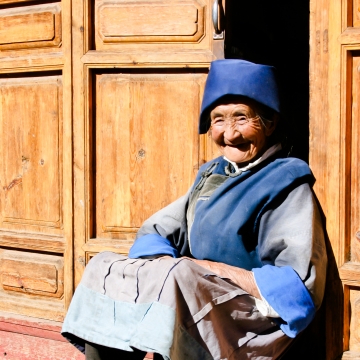Cost analysis of implementing HIV drug resistance testing in Kenya: a case study of a service delivery site at a tertiary level hospital in Kenya
Background: HIV drug resistance (HIVDR) threatens progress achieved in response to the HIV epidemic. Understanding the costs of implementing HIVDR testing programs for patient management and surveillance in resource-limited settings is critical in optimizing resource allocation. Here, we estimate the unit cost of HIVDR testing and identify major cost drivers while documenting challenges and lessons learnt in implementation of HIVDR testing at a tertiary level hospital in Kenya.
